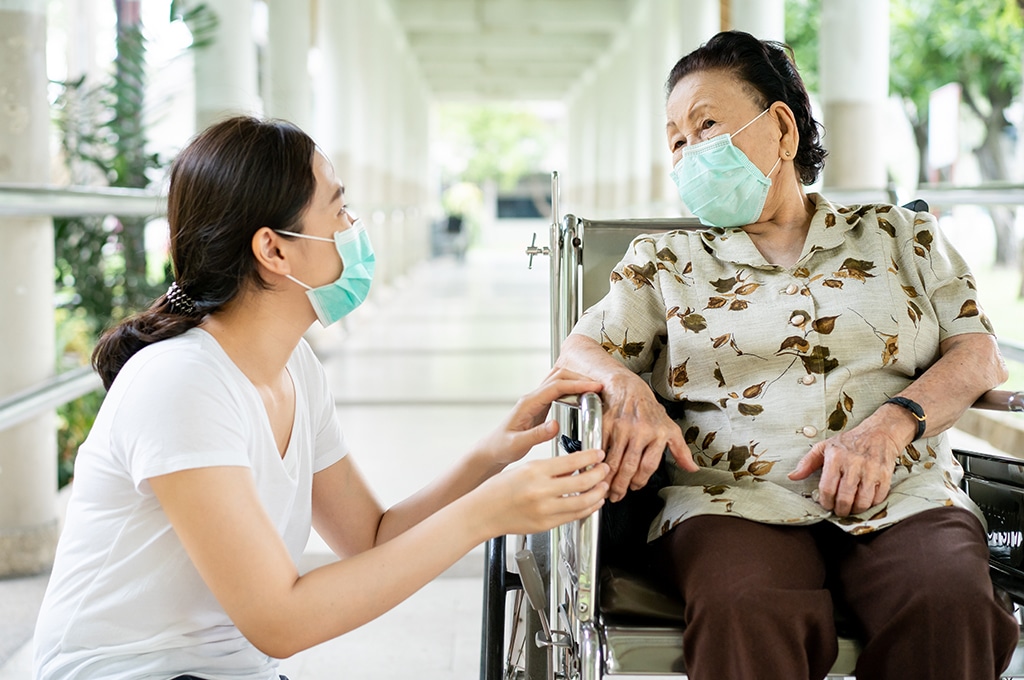


The coronavirus pandemic (COVID19) has brought the world to its knees, infecting the world in the blink of an eye. As we help one another during this unprecedented time, we urge everyone to follow the Best Practices outlined by the CDC.
First reported in Wuhan, China back in December 2019, COVID-19 has been spreading its evil all throughout the world, sparing only a few countries from its wrath. It spread from China, to most parts of Asia, Europe, North, and South America, until there are only several countries left with no reported cases. The current number is at 5,891,182 confirmed cases, including 365,966 deaths.
With a deadly pandemic going on, how do we protect ourselves? While there’s still no cure, and vaccines are still being studied, most governments are ordering lockdowns in their respective countries. They advise people to stay at home and observe physical distancing. If you need to run errands, like grocery shopping, it is advisable that you wear a mask to protect yourself. If you’re experiencing flu-like symptoms, it is advised that you isolate yourself for at least 14 days to see if your condition worsens.
Research shows that at least 80% of people affected by COVID-19 are senior citizens, aged 65 and above. The reason why is because of their weakened immune system brought by age, and other co-morbidities, such as hypertension, diabetes, etc.
In Asian culture, grandparents tend to live with their families, often under the care of one of their children. In Western culture, this tradition is not observed. Most seniors are sent to care homes, while some even live alone, or with their spouses, in their own homes. There are some elderly people who still drive themselves around town and do things themselves.
These people are the most vulnerable and we need to pay special attention to them, especially the government.
How can we help, as individuals, in making sure these precious people are doing okay during this global health crisis? Here are a few things you can do:
If you are living with a senior citizen, always engage in conversation. Ask them how they’re doing, what they’ve been thinking about, or better yet, ask them about their youth. The seniors love retelling stories from their childhood. Ask them about their favorite childhood memory, how they used to pass their time before technology took over. You can get to know them better, and maybe even learn a thing or two about their life experiences.
If you are away from your grandparents, make sure to always check upon them. Living alone can make anyone feel lonely, and the elderly aren’t an exception. Call them anytime you can, or if you can, teach them the wonders of video calling. They might not be there with you physically, at least there’s still a way for them to see your appearance and know how you are doing.
Explain to them why they need to stay inside, why they can’t visit their friends in the neighborhood, and why their routines have to change. For medical purposes, always call first to consult their doctor to avoid unnecessary hospital visits, or if the doctor can arrange a home visit when physical check-ups are needed.
Stock up on medicine, food, and other necessities that they will need. Provide an emergency contact number to them. Set up speed dials in case there are emergencies and teach them how emergency dialing works on their smartphones if they have one.
We can offer to help run their errands and do their grocery shopping. Since businesses are temporarily closing, we can offer cash aids or donate grocery items to senior citizens who are still working to provide for themselves. You can also provide masks to them to protect themselves.
Always ask if they are doing fine, or if their health is in good condition. Remind them to notify you immediately if they develop any flu-like symptoms, so that help can be sent to them to check if they caught the coronavirus.
And the most important thing to do:
If you are a primary carer of a senior citizen, it is important that you make sure you are in good health. Make sure that you practice social and physical distancing and observe proper hygiene to effectively care for a senior citizen. As a primary carer, it is your responsibility to keep yourself healthy to avoid infecting the vulnerable.
With all the negativities happening, let’s all look at the brighter side of life. Don’t be scared, this too shall pass. Be strong, so that our seniors will be strong, too.
